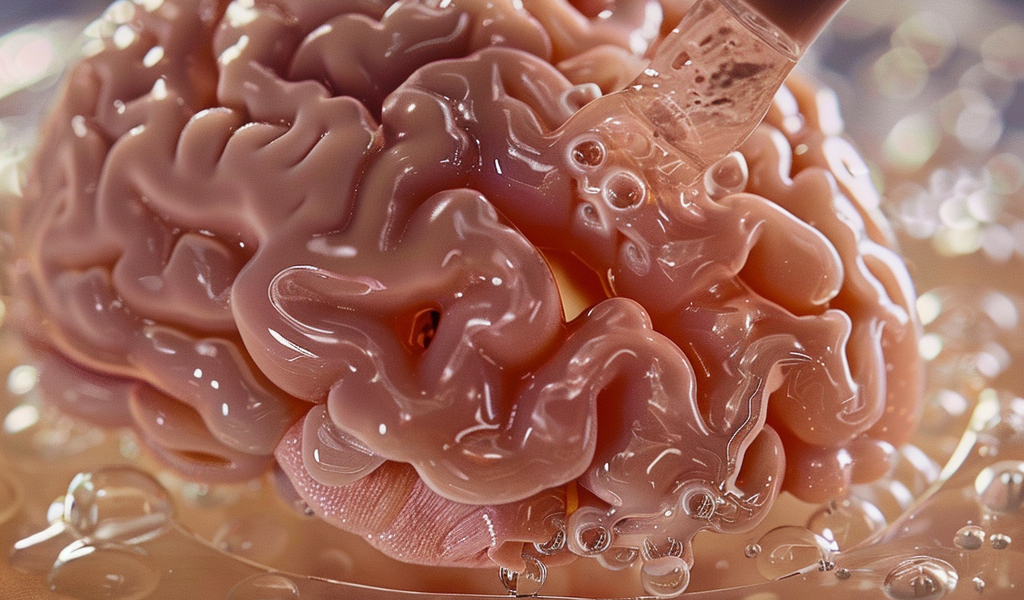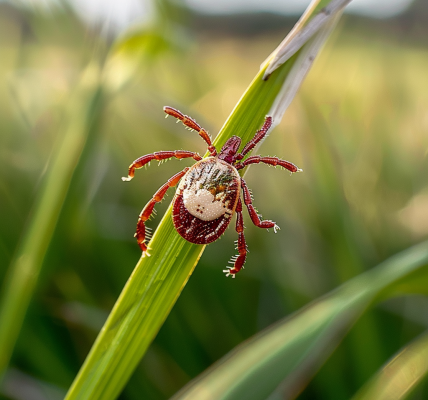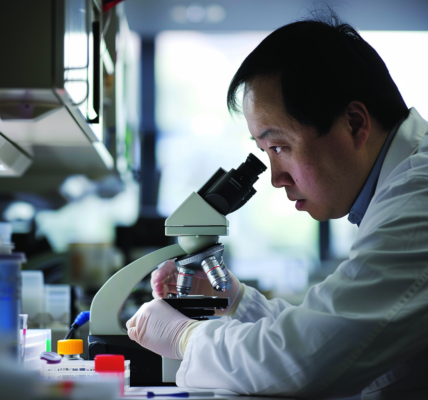Scientists in China have made a groundbreaking discovery in the field of brain tissue preservation. A new chemical mixture, named MEDY, has been developed to allow brain tissue to be frozen and thawed without damage, even after being stored for up to 18 months.
Freezing is a common method to preserve organic material, but it often leads to cellular damage due to ice crystal formation. This damage is a significant concern when it comes to organs or tissues intended for transplant or research purposes.
In a recent study conducted at Fudan University in China, researchers experimented with different chemical compounds to find the best combination for preserving living brain tissue during the freezing process. They tested these chemicals on brain organoids, small lab-grown structures that mimic brain tissue and its functions.
The most promising mixture, MEDY, consists of four main ingredients: methylcellulose, ethylene glycol, DMSO, and Y27632. Brain organoids treated with MEDY showed similar growth and function patterns to untreated samples, even after being frozen for extended periods.
One of the remarkable findings of the study was that brain tissue samples from a human epilepsy patient, when treated with MEDY and frozen, retained their structure and pathologies without damage. This preservation of brain cells opens up new possibilities for studying diseases and conducting research without the risk of freezing-induced damage.
The implications of this new freezing technology are significant. It provides a way to store brain organoids and tissue samples for extended periods, allowing researchers to conduct experiments and analyses without the limitations of traditional freezing methods.
This innovative approach to brain tissue preservation could have far-reaching effects on various fields, including neuroscience, medicine, and research. The ability to freeze and thaw brain tissue without damage could lead to advancements in understanding brain disorders, developing treatments, and preserving valuable samples for future studies.





